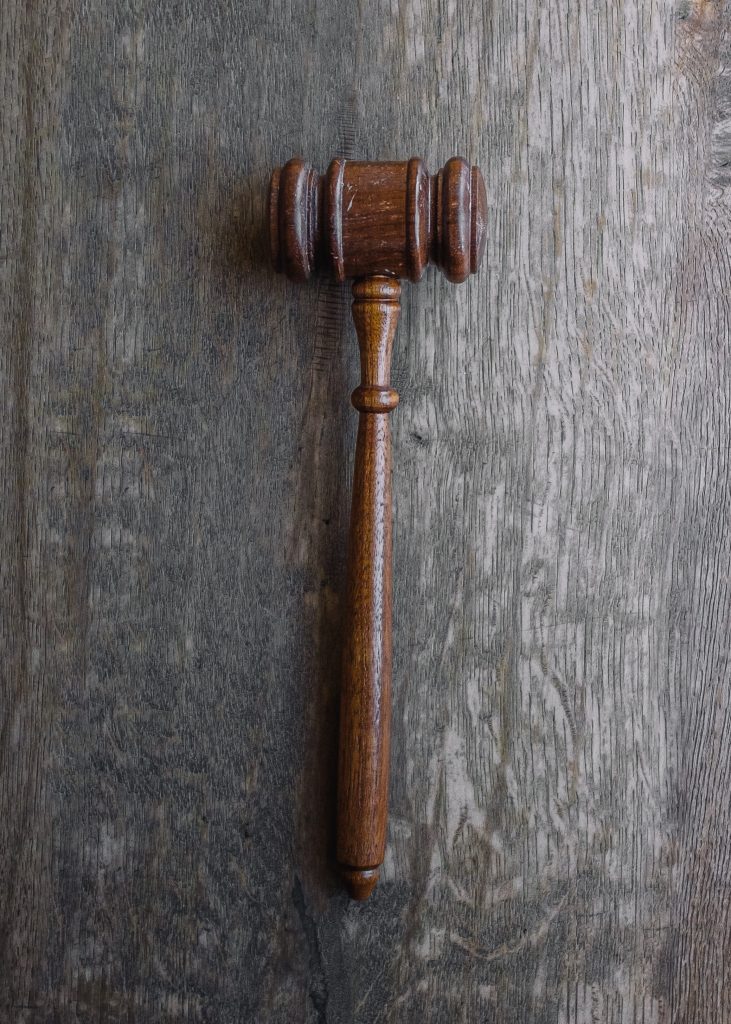
On Nov. 8, Missouri voters will have the opportunity to vote “yes” or “no” on this year’s midterm election ballot in response to a proposed amendment to the Missouri constitution.
A vote “yes” on the proposal would effectively amend Section 21, Article X of the Missouri Constitution and allow the Missouri General Assembly to increase the minimum funding required for police forces that are established by a state board of police commissioners. The amendment would create an exception to Section 21, which otherwise forbids funding increases of services unless the state specifically pays for that increase. Because the Kansas City Police Department is currently the only state-controlled police force in Missouri, the proposed amendment would only affect the KCPD and Kansas City for the time being. The primary outcome would be an increase in the KCPD’s minimum funding by 2027 without reimbursement to the city. A vote “no” would veto this proposal.
Advocates of Amendment 4 suggest that this bill would prevent further attempts to defund the KCPD, as explained by Sen. Tony Luetkemeyer (R-34) who sponsored the measure.
“This [amendment] ensures the brave men and women in the KCPD have the resources they need to keep our city safe,” Sen. Luetkemeyer said.
Other advocates for the amendment express concern that our local officials are not equipped to make these decisions themselves: “The actions of the mayor and city council last year raised tremendous alarm regarding the stability of funding for something as important as the Kansas City Police Department,” Rep. Doug Richey (R-39) said.
However, critics of Amendment 4 argue that the proposal would be an overreach of government power, noting that every other city in the state maintains lo CXCV cal control.
“It just makes absolutely no sense that the state legislature would dictate how our local government should allocate its resources – all for the protection of the police in response to a false narrative of defunding,” Gwen Grant, president and CEO of the Urban League of Greater Kansas City, said.
Kansas City Mayor Quinton Lucas weighed in on the matter earlier this year, expressing a similar sentiment: “I do not support anything that takes away our ability to work with our local police department and neighborhood leaders in terms of how we get to better solutions for violent crime.”
While the common talking points appear to mirror a two-sided debate between Republican and Democratic parties, some argue that the issue should be a place of common ground between parties.
“This is not a Black or white issue,” Vernon Percy Howard Jr., adjunct professor of at William Jewell College, said. “This is an American issue, symptomatic of a democracy in crisis and under siege, where state overreach is rampant in the stripping of voting and governance power from the people.”
Howard – a Jewell graduate (‘86), pastor at St. Mark’s Church in Kansas City and President of the Southern Christian Leadership Conference of Greater Kansas City – continues: “[Amendment 4] further erodes democratic principles by stripping from local communities the voice and power to determine their own policies and budgets which impact the well-being of their children, families and communities…Don’t local communities reserve the right to self-governance on key local issues?”
In 2020, Howard was also the recipient of Jewell’s Invictus Social Justice Award and the Harold L. Holliday Civil Rights Award from the Missouri branch of the NAACP for his work in organizing and educating Kansas City communities about civil rights issues and activism. With proposals such as Amendment 4, Howard emphasized that voters should be aware of their historical and local implications.
“Dr. Martin Luther King, Jr….called this kind of overreach ‘interposition and nullification,’ citing the early mid-twentieth century movement among states to disrupt and turn back the rights of Blacks to vote and gain access and inclusion within the mainstream of American prosperity,” Howard said. “Critical thinkers and 21st century global leaders own the moral responsibility to remain awake on these issues. Particularly, the Jewell educated scholar, who takes seriously one of the critical questions of our core curriculum, which is, ‘how shall we live?'”
Election Day is on Nov. 8. Registered voters in Clay County can find their polling place here, and check their registration status here. For more voter resources, click on the link here.
